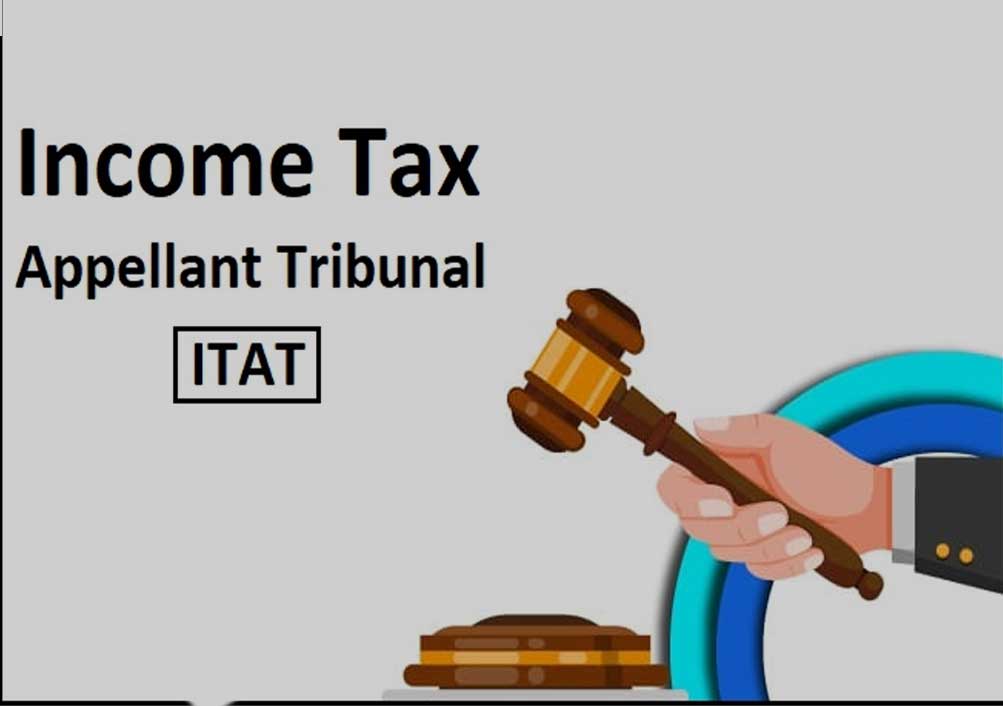In ITA Nos.230 -ITAT- ITAT (Hyderabad) rules that PCIT cannot delegate authority to AO to impose penalties
Members R.K. Panda (Vice President) & Laliet Kumar (Judicial) [21-07-2023]

Read Order: Sri Adithya Homes Private Limited v. Asst. Commissioner of Income Tax
Chahat Varma
New Delhi, August 28, 2023: The Hyderabad bench of the Income Tax Appellate Tribunal has provided a significant relief to Sri Adithya Homes Private Limited (assessee), by ruling that the Principal Commissioner of Income Tax (PCIT) cannot delegate the authority to the Assessing Officer (AO) for imposing penalties.
The present appeals by the assessee had arisen from the orders passed by the PCIT, invoking proceedings under Section 263 of the Income Tax Act. The assessee contended that the PCIT does not possess the authority to replace or record their own satisfaction for the initiation of penalties. The assertion was made that satisfaction must be duly recorded by the AO and not by the PCIT. If the PCIT intended to initiate penalty proceedings, they should have independently recorded their own satisfaction and initiated the penalty accordingly.
Upon examination of the case, the bench of R.K. Panda (Vice President) and Laliet Kumar (Judicial) acknowledged that the AO had issued an assessment order. However, the AO had not recorded any satisfaction for the initiation of penalty against the assessee, as mandated by law. Furthermore, the AO had not commenced any penalty proceedings against the assessee.
The bench examined Section 271 of the Income Tax Act and concluded that its provisions clearly outline the authority to initiate penalties. As stated in the section, penalties can be initiated by the Assessing Officer, Commissioner (Appeals), or the Principal Commissioner or Commissioner. This authority is vested in these officers if they are satisfied that the assessee has failed to disclose accurate particulars of their income or has furnished inaccurate particulars of such income. However, it was emphasized that these penalty proceedings must be initiated by the respective officers themselves and only after the satisfaction has been duly recorded. The bench opined that imposition of the penalty should be carried out by the same officer. Consequently, the bench held that the PCIT cannot record satisfaction for the initiation of penalties and then direct the AO to issue notices for levying penalties.
The bench further referred to the decision rendered in Commissioner of Income Tax (Central), Ludhiana v. Rakesh Nain Trivedi [LQ/PunjHC/2015/4121], wherein the Punjab and Haryana High Court had observed that where the CIT finds that the AO had not initiated penalty proceedings under Section 271(1)(c) of the Act in the assessment order, he cannot direct the AO to initiate penalty proceedings under Section 271(1)(c) of the Act in exercise of revisional power under Section 263 of the Act.
In view of the above foregoing reasoning, the Tribunal decided to cancel the order issued by the PCIT under Section 263 of the Income Tax Act and allow the appeals filed by the assessee.
Sign up for our weekly newsletter to stay up to date on our product, events featured blog, special offer and all of the exciting things that take place here at Legitquest.




Add a Comment